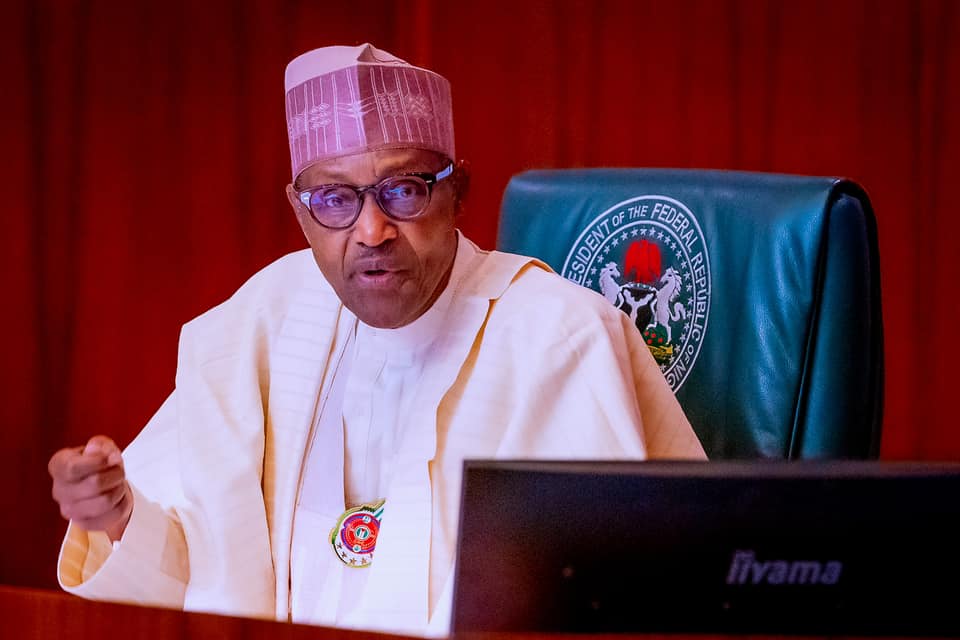
An energy expert, Dr Diran Fawibe, has expressed disappointment that the President, Major General Muhammadu Buhari (retd.), and his regime, retained the provisions of the Petroleum Industry Act fuel in the country.
Fawibe, the Group Chairman of International Energy Services Limited, spoke to Business Morning, a programme of Channels Television, on Wednesday, monitored by our correspondent.
Fawibe noted that the issue of fuel shortages and fuel subsidy has lingered in national discourse for four decades without any solution.
He noted that the current subsidy was brought to the fore because of the need to import fuel from foreign refineries to sustain the economy.
“We are disappointed because government hopes to transfer this issue to the next administration. Unfortunately, the issue of subsidy removal may not be as serious as we are currently having it. This matter has been in the public domain for four decades. There has been a panel since 1975. If our refineries were working there will be no issue of subsidy. Until we are able to solve the problem of the supply of fuel, the challenge that occasioned subsidy will remain,” he said
The energy expert also noted that government can help the economy by putting pressure on contractors who are revamping our refineries, so that supply of fuel and other extracts from crude oil would be locally produced.
For Fawibe, this will contribute to the demand for fuel and the intervention of the Dangote refinery.
“If the Dangote refinery comes upstream in the third quarter of the year and the govt puts pressure on the contractors who are working on the refineries, especially the Port Harcourt refinery, then we will be able to reduce importation. If we can produce 650,000 per day through our refineries, then we will be able to solve the problem of subsidy,” he said.
He also urged the government to support local content especially when the refineries are working, as this would go a long way in reducing the cost of fuel to the common man.
“When we import fuel from abroad, you cannot prevent refineries from pricing their product based on world market prices. There are also processing, shipping, and handling fees that accrue to the government before they are deposited and transferred to their depots in the country. If the refineries are working, there will be a difference in price from what we are having now,” he said.
“We have to look at market forces. The govt can give local refineries a discount so that they can pass it on to users. But if Dangote is getting crude at the international market price, there won’t be a substantial decrease in oil prices,” Fawibe said.
Copyright PUNCH.
All rights reserved. This material, and other digital content on this website, may not be reproduced, published, broadcast, rewritten or redistributed in whole or in part without prior express written permission from PUNCH.
Contact: [email protected]





